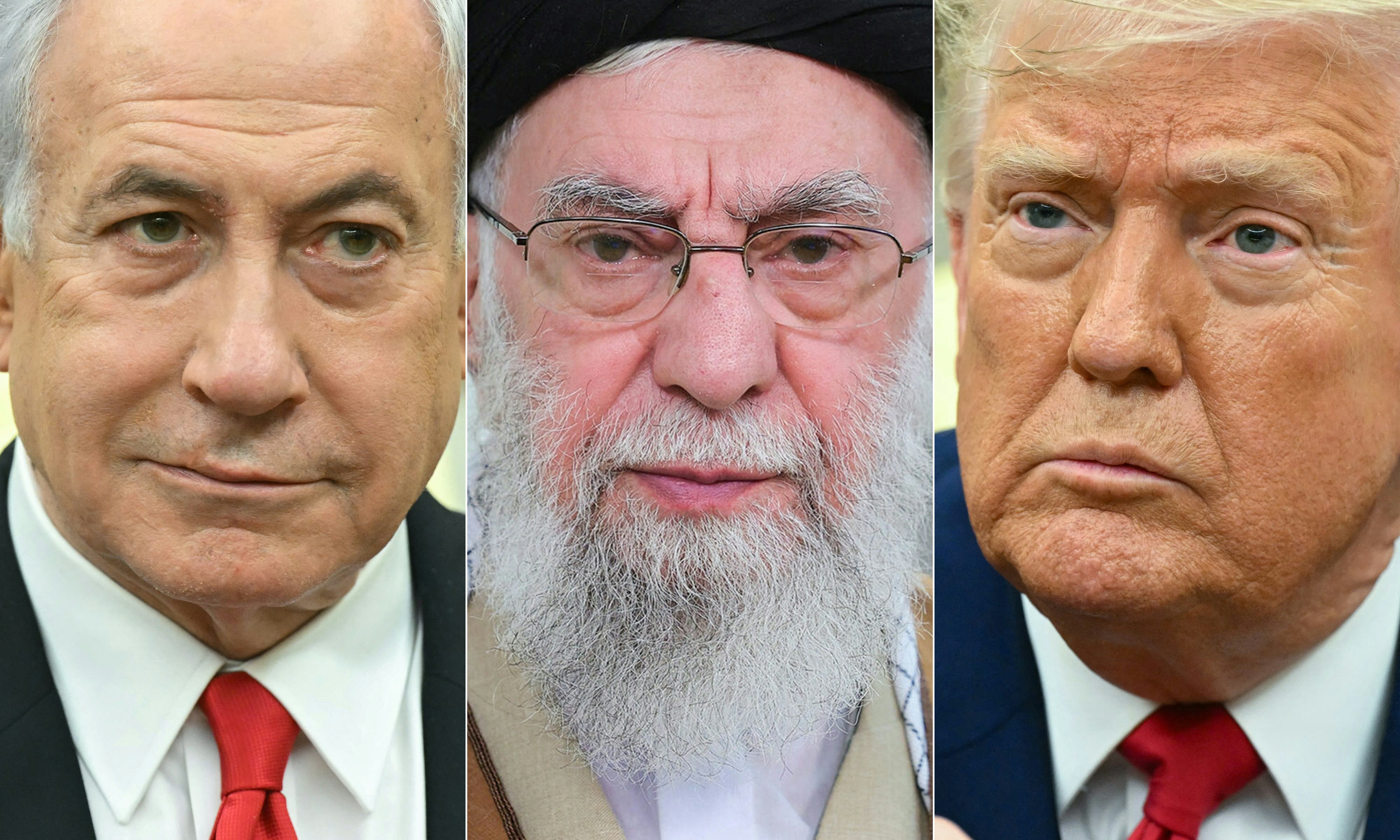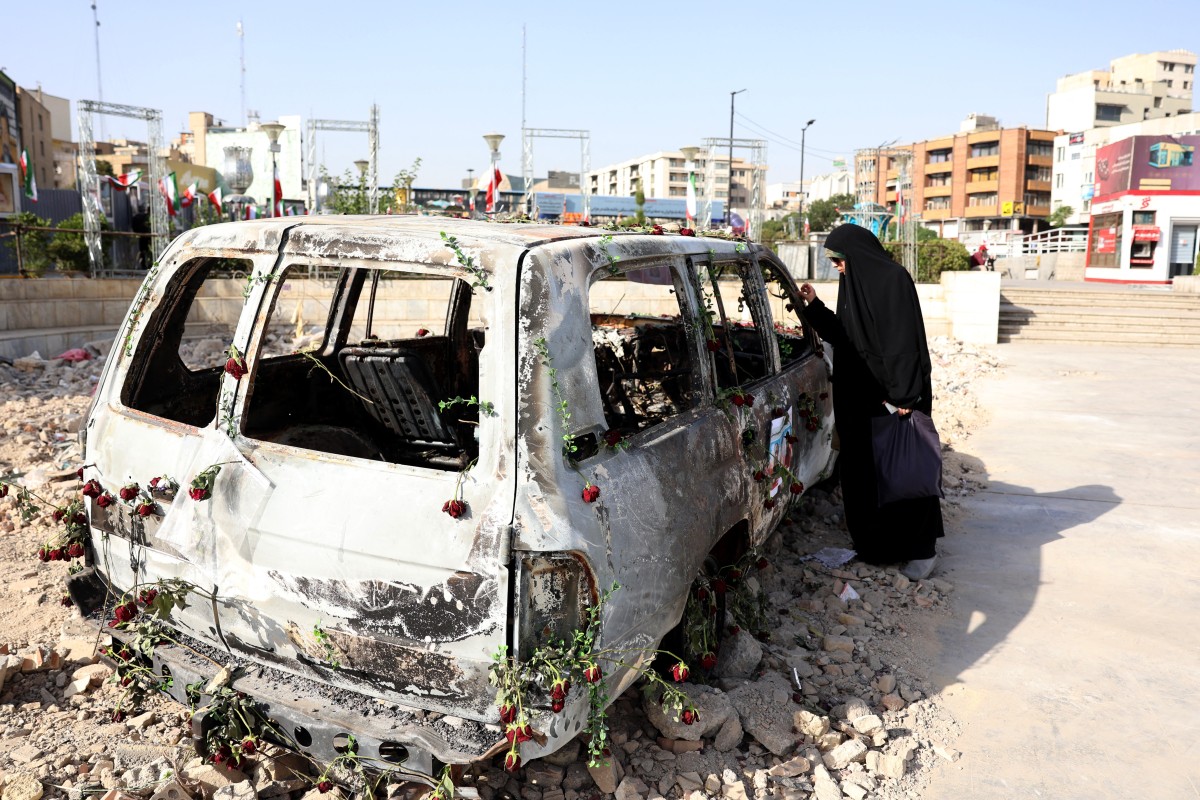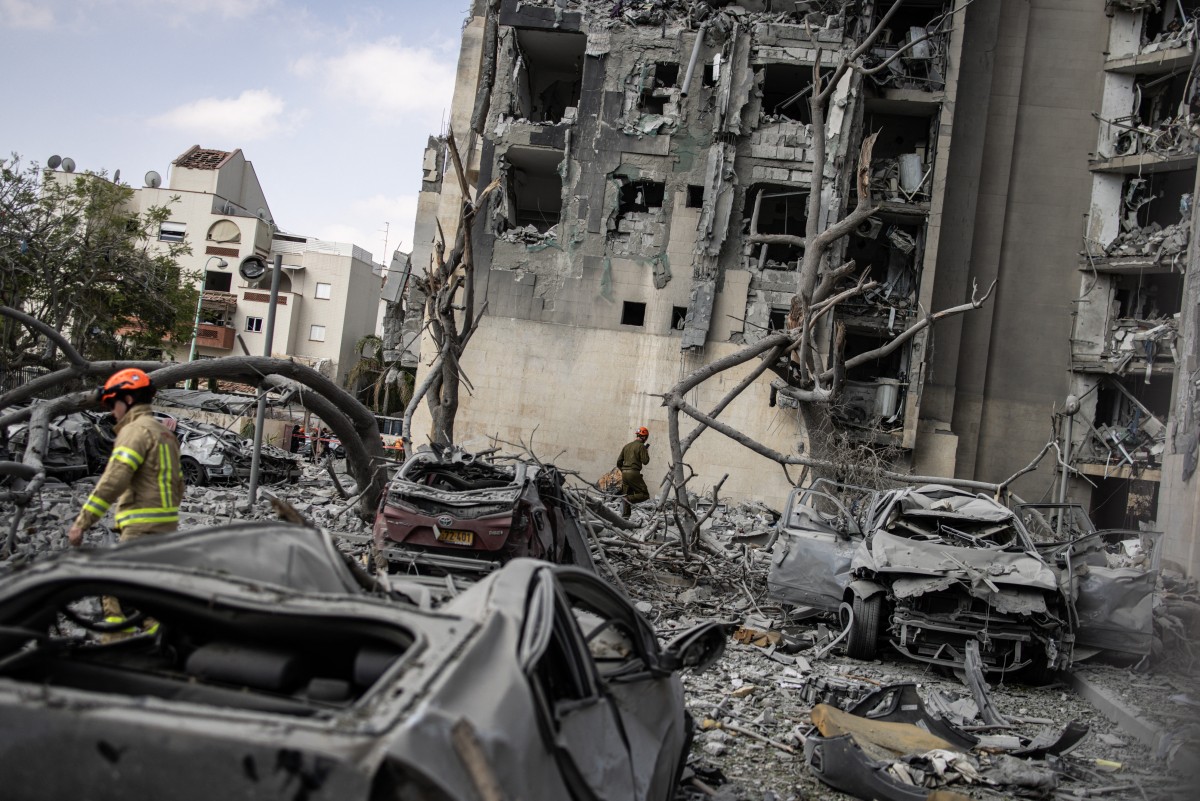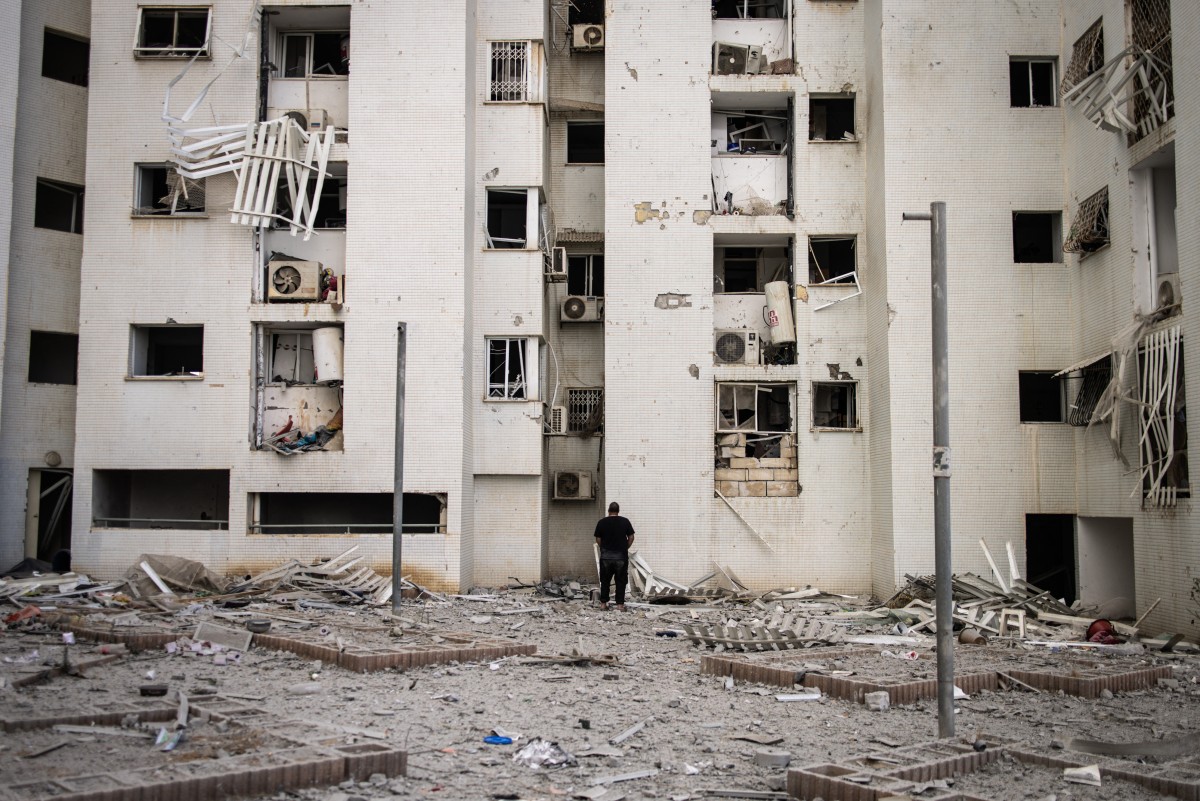
By Agence France-Presse
President Donald Trump said on Wednesday (June 25) that the United States would hold nuclear talks with Iran next week, teasing the possibility of a deal even after boasting that recent U.S. strikes had crippled the Islamic republic’s atomic program.
Trump credited the unprecedented U.S. attacks with the ‘total obliteration’ of Iran’s nuclear capabilities, and said they had set the country’s program back ‘decades.’
But leaked U.S. intelligence cast doubt on that assessment, saying the strikes had likely delayed Tehran by just a few months.
Before the agreement of a ceasefire on Tuesday (June 24), Israel had pounded Iranian nuclear and military sites over the course of 12 days of war, while Iran launched waves of missiles at its regional arch foe in their deadliest-ever confrontation.
The United States joined the fray in support of its ally, hitting two nuclear facilities with massive bunker-buster bombs over the weekend, while a guided missile from a submarine struck a third.
Trump said, adding the strikes had set back the program by ‘decades,’ and that the ceasefire that he declared was going ‘very well,’ “They’re not going to be building bombs for a long time.”
He later told reporters that Israel and Iran were “both tired, exhausted”, going on to say that talks were planned with Iran “next week”.
He added, “We may sign an agreement. I don’t know.”
Iranian President Masoud Pezeshkian had said on Tuesday that his country was willing to return to negotiations over its nuclear program, but that it would continue to “assert its legitimate rights” to the peaceful use of atomic energy.

‘Still early’
Israel’s military said in a statement on Wednesday (June 25) that it was “still early” to assess the damage the war caused to Iran’s nuclear program.
Israeli military spokesperson Effie Defrin said, “I believe we have delivered a significant hit to the nuclear program, and I can also say that we have delayed it by several years.”
Iran’s foreign ministry spokesperson Esmaeil Baqaei acknowledged to Al Jazeera that its “nuclear installations have been badly damaged, that’s for sure”.
But on Tuesday (June 24), U.S. media cited people familiar with a Defense Intelligence Agency report as saying the American strikes did not fully eliminate Iran’s centrifuges or enriched uranium stockpiles.
The strikes sealed off entrances to some facilities without destroying underground buildings, according to the report.
Israel had said its bombing campaign, which began on June 13, was aimed at preventing Iran from acquiring a nuclear weapon, an ambition Tehran has consistently denied.
Its commandos had also operated inside Iran during the conflict, Israel’s army chief publicly acknowledged for the first time on Wednesday.
Chief of staff Eyal Zamir said in a televised address, “The forces operated in secret deep within enemy territory and created operational freedom of action for us.”

‘The same intensity’
Israeli Prime Minister Benjamin Netanyahu, in an address to the nation after the ceasefire, announced that “we have thwarted Iran’s nuclear project.”
He said, “And if anyone in Iran tries to rebuild it, we will act with the same determination, with the same intensity, to foil any attempt.”
State television reported on Wednesday (June 25), Iranian lawmakers voted in favor of suspending cooperation with the United Nations nuclear watchdog.
Parliament speaker Mohammad Bagher Ghalibaf said, according to the broadcaster, “The International Atomic Energy Agency (IAEA), which refused to even marginally condemn the attack on Iran’s nuclear facilities, put its international credibility up for auction.”
The decision to suspend cooperation with the IAEA still requires the approval of the Guardian Council, a body empowered to vet legislation.
In an interview with the Al Araby Al Jadeed news outlet, Foreign Minister Abbas Araghchi said Iran remained committed to the Non-Proliferation Treaty but that it had failed to “protect us or our nuclear program,” adding without elaborating that Iran’s approach towards the regime “will undergo changes.”

‘Finally, we can sleep’
While Iran and Israel have been locked in a shadow war for decades, their 12-day conflict was by far the most destructive confrontation between them.
Israeli strikes hit nuclear and military targets—killing scientists and senior military figures—as well as residential areas, prompting waves of Iranian missile fire on Israel.
Tehran remained relatively quiet on Wednesday (June 25), with many shops still shuttered and only some restaurants open, though there was more life on the streets than during the height of the war.
A 39-year-old salesperson who gave his name as Saeed, said: “Thank God, the situation has improved, the ceasefire has been reached, and people have returned to work and their lives.”
Others, however, were uncertain whether the peace would hold.
Twenty-eight year old Amir said, “I really don’t know… about the ceasefire but honestly, I don’t think things will return to normal.”
Some Israelis, meanwhile, welcomed the truce.
Yossi Bin, a 45-year-old engineer in Tel Aviv said, “Finally, we can sleep peacefully. We feel better, less worried, for the kids, for the family. And I hope it stays that way.”
Israeli strikes on Iran killed at least 627 civilians, according to the health ministry. Iran’s attacks on Israel killed 28 people, according to Israeli figures.
